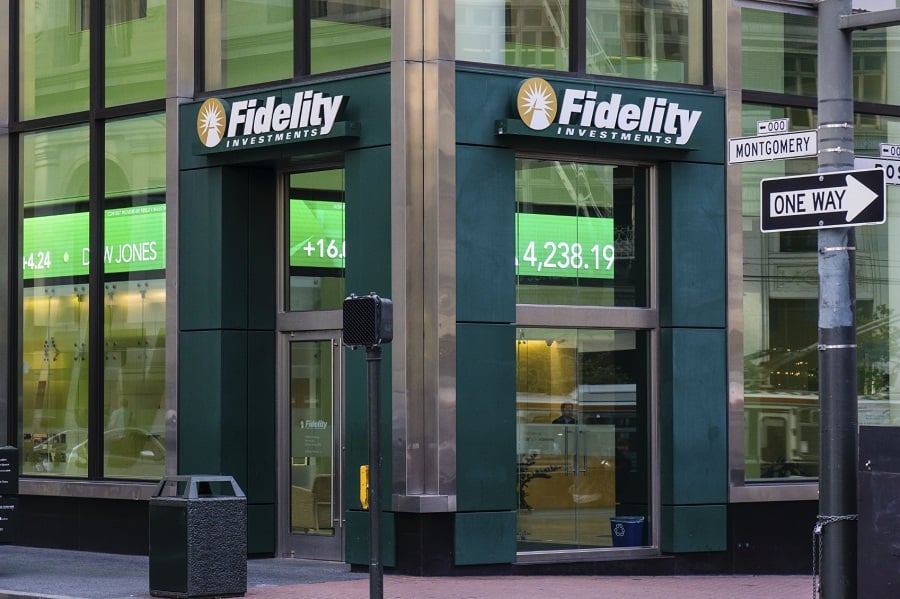

Fidelity Institutional announced that it will be the first major clearing and custody business to offer financial advisers access to fractional shares for stocks and exchange-traded funds.
There are currently six advisory firms participating in a pilot program using fractional shares, and Fidelity is preparing for a broader rollout to financial intermediaries.
The move comes two years after the Boston-based financial conglomerate began offering fractional shares to retail investors and illustrates a trend toward more portfolio customization, according to Ryan Plotner, head of transaction and banking solutions at Fidelity Institutional.
“With our industry offering more personalization for investors, advisers have been looking for a way to more finely tune investor portfolios when they include securities with high share prices or when they want to include or exclude certain securities from a client’s portfolio,” Plotner said. “With fractional share trading, we’re now giving advisers the ability to address both of those challenges.”
In addition to enabling more portfolio customization, Plotner said fractional shares will also help advisers work with smaller, and next-generation client accounts.
“This is really our first step,” he added. “There will be additional capabilities to come.”
According to a Fidelity announcement, offering fractional share trading to advisers is the first step in enabling them to offer proprietary strategies to a much broader set of clients, including the next generation of investors, at lower investment minimums.
Alois Pirker, research director at Aite-Novarica Group, described Fidelity’s move into fractional shares for financial advisers as part of a “ripple effect” from retail use.
“When something is available to retail, it will go institutional eventually,” he said. “I absolutely think fractional shares will come to other adviser platforms.”
While the argument for share fractions down to one dollar is often about providing access to stocks with high share prices to the retail investing masses, Pirker sees the bigger opportunity in the continued move toward direct indexing and more precise portfolio customization.
“This is sort of preparing the way for direct indexing where you need fractional shares, which is something we see coming,” he said. “All this micro-investing that has been going on requires fractional shares.”
Fidelity will execute all fractional trades in real-time during market hours, meaning advisers and their clients will always know the share price, unlike some firms that execute fractional trades at the end of a trading day or wait for multiple orders to add up to full shares. Fractional share or dollar-based trades must be market or limit order types and are good for the day only.

Relationships are key to our business but advisors are often slow to engage in specific activities designed to foster them.

Whichever path you go down, act now while you're still in control.

Pro-bitcoin professionals, however, say the cryptocurrency has ushered in change.

“LPL has evolved significantly over the last decade and still wants to scale up,” says one industry executive.

Survey findings from the Nationwide Retirement Institute offers pearls of planning wisdom from 60- to 65-year-olds, as well as insights into concerns.
Streamline your outreach with Aidentified's AI-driven solutions
This season’s market volatility: Positioning for rate relief, income growth and the AI rebound
